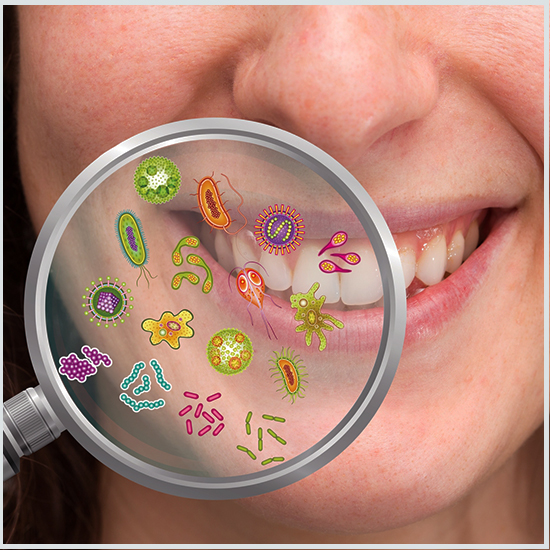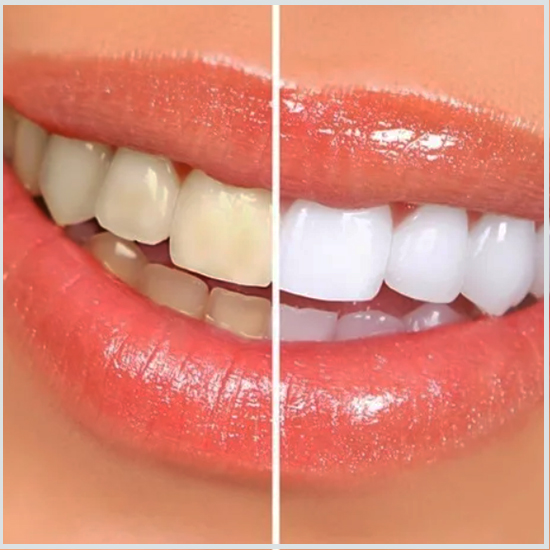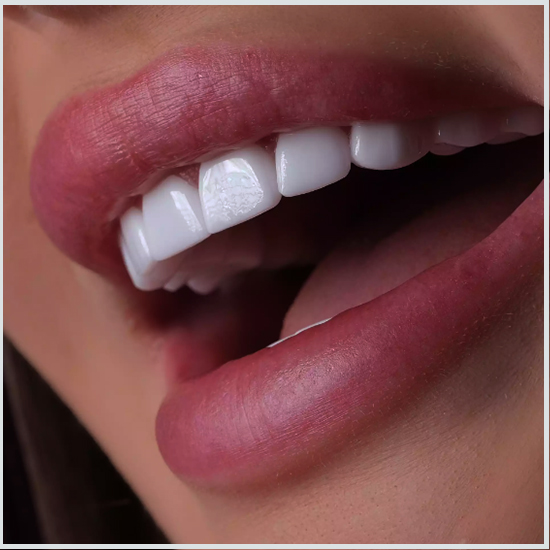Teeth Whitening: Brighten Your Smile and Boost Your Confidence
Teeth whitening has become increasingly popular as people seek ways to enhance their smiles and improve their overall appearance. A bright, white smile is often associated with health, vitality, and attractiveness.
In this article, we’ll explore the various aspects of teeth whitening, including its benefits, common causes of teeth discoloration, the whitening process, risks and side effects, DIY remedies, and tips for maintaining a bright smile.
Teeth Whitening in Turkey

Hospitalization
No required

Time in Turkey
1-3 DAYS

Procedure Time
1-2 hours

Accommodation
4/5* HOTELS

Transportation
PRIVATE DRIVER

Recovery
Immediate
Get a free consultation
Common Causes of Teeth Discoloration

Food and Drinks
One of the leading causes of teeth discoloration is the consumption of certain foods and drinks such as coffee, tea, red wine, and dark-colored berries. These items contain pigments that can stain the enamel of the teeth over time, leading to a dull or yellow appearance.

Tobacco Use
Smoking or using tobacco products can significantly contribute to tooth discoloration. The tar and nicotine found in tobacco products can adhere to the surface of the teeth, causing them to turn yellow or brownish in color.

Poor Dental Hygiene
Inadequate oral hygiene practices, such as infrequent brushing and flossing, can allow plaque and tartar to build upon the teeth. This buildup can result in surface stains and discoloration, detracting from the brightness of your smile.
Understanding the Teeth Whitening Process
Teeth whitening treatments work by bleaching the teeth to remove stains and discoloration. There are various methods available, ranging from over-the-counter products to professional treatments administered by dentists.
Over-the-counter Products
Over-the-counter whitening products include whitening toothpaste, whitening strips, and whitening gels. These products typically contain lower concentrations of bleaching agents compared to professional treatments but can still provide noticeable results with regular use.
Professional Treatments
Professional teeth whitening treatments, often performed in a dental office, utilize higher concentrations of bleaching agents for faster and more dramatic results. Common professional treatments include in-office bleaching, custom-fitted trays, and laser whitening procedures.

Benefits of Teeth Whitening
Improved Confidence
A bright, white smile can significantly boost confidence and self-esteem. Feeling good about the appearance of your teeth can positively impact various aspects of your life, from social interactions to professional opportunities.
Enhanced Appearance
Whiter teeth can make you appear younger and more attractive. A bright smile is often associated with youthfulness and vitality, giving you a more refreshed and rejuvenated look.
Youthful Smile
As we age, our teeth naturally become darker due to factors such as thinning enamel and exposure to staining substances. Teeth whitening can reverse the effects of aging, restoring a youthful brightness to your smile.
look at our services
Risks and Side Effects
While teeth whitening is generally safe, it may cause certain risks and side effects, particularly when done improperly or excessively.
Tooth Sensitivity
Some individuals may experience increased tooth sensitivity following whitening treatments. This sensitivity is usually temporary and can be managed with desensitizing toothpaste or fluoride treatments.
Gum Irritation
Whitening agents can irritate the gums if they come into contact with them during the treatment process. Dentists take precautions to protect the gums during professional treatments, but over-the-counter products may pose a higher risk of gum irritation if used incorrectly.
Enamel Damage
Excessive or frequent whitening treatments can potentially damage the enamel of the teeth, leading to thinning or erosion. It’s essential to follow the recommended guidelines and consult with a dentist before undergoing any whitening procedure.

Precautions and Considerations
Before undergoing teeth whitening, it’s essential to consult with a dentist to ensure that it’s a suitable option for you. Your dentist can assess your oral health and recommend the most appropriate treatment based on your individual needs and preferences.
Choosing the Right Treatment
With various whitening options available, your dentist can help you choose the best treatment based on factors such as the severity of discoloration, your budget, and any existing dental conditions.
DIY Teeth Whitening Remedies
In addition to professional treatments, there are several DIY remedies that claim to whiten teeth naturally. While these methods may offer some benefits, they may not be as effective or predictable as professional treatments.
Baking Soda and Hydrogen Peroxide
A mixture of baking soda and hydrogen peroxide is often touted as a natural teeth whitener. Baking soda acts as a mild abrasive, while hydrogen peroxide has bleaching properties. However, using this mixture excessively can damage the enamel and irritate the gums.
Oil Pulling
Oil pulling involves swishing oil (such as coconut or sesame oil) in the mouth for several minutes to remove toxins and bacteria. While oil pulling may promote oral hygiene, there’s limited scientific evidence to support its effectiveness as a whitening method.
Activated Charcoal
Activated charcoal is believed to absorb toxins and stains from the teeth, resulting in a brighter smile. However, there’s limited research on its long-term effects and safety, and it may cause abrasion to the enamel if used too aggressively.
Maintaining Whitened Teeth
Once you’ve achieved a brighter smile, it’s essential to maintain your results to prevent future discoloration.
Good Oral Hygiene Practices
Brushing and flossing regularly can help remove surface stains and prevent plaque buildup, preserving the whiteness of your teeth.
Avoiding Staining Foods and Drinks
Limiting your consumption of staining substances such as coffee, tea, and red wine can help prevent new stains from forming on your teeth.
Regular Dental Check-ups
Scheduling regular dental check-ups allows your dentist to monitor the health of your teeth and provide professional cleaning and maintenance as needed.
FAQs (Teeth Whitening in Turkey)
- Is teeth whitening safe for everyone?
- Teeth whitening is generally safe for most people, but individuals with certain dental conditions or sensitivities may not be suitable candidates for whitening treatments. It’s essential to consult with a dentist before undergoing any whitening procedure to ensure it’s safe for you.
- How long do the results of teeth whitening last?
- The duration of teeth whitening results can vary depending on factors such as the type of treatment used, individual habits, and lifestyle choices. In general, professional treatments tend to yield longer-lasting results compared to over-the-counter products. With proper maintenance and avoidance of staining substances, results can last anywhere from several months to a few years.
- Can teeth whitening cause damage to the enamel?
- While teeth whitening treatments are generally safe when performed correctly, excessive or improper use of whitening products can potentially damage the enamel of the teeth. It’s essential to follow the recommended guidelines and consult with a dentist to minimize the risk of enamel damage.
- Are there any alternatives to traditional teeth whitening methods?
- Yes, there are alternative methods for whitening teeth, including natural remedies such as oil pulling, baking soda, and activated charcoal. However, it’s essential to approach these methods with caution and consult with a dentist before trying them, as they may not be as effective or safe as professional treatments.
- What should I do if I experience tooth sensitivity after whitening?
- If you experience increased tooth sensitivity following a whitening treatment, you can try using desensitizing toothpaste or fluoride treatments to alleviate discomfort. It’s also essential to avoid hot or cold foods and drinks temporarily and consult with your dentist if the sensitivity persists.
Conclusion
Teeth whitening is a popular cosmetic procedure that offers numerous benefits, including improved confidence and a brighter, more youthful smile. Whether you choose over-the-counter products or professional treatments, achieving and maintaining a bright smile requires proper care, attention, and consultation with a dental professional. By understanding the causes of teeth discoloration, the whitening process, potential risks, and effective maintenance strategies, you can achieve the smile you’ve always desired while prioritizing your oral health.

We are dedicated to delivering the same level of exceptional service that we would personally expect to receive.
